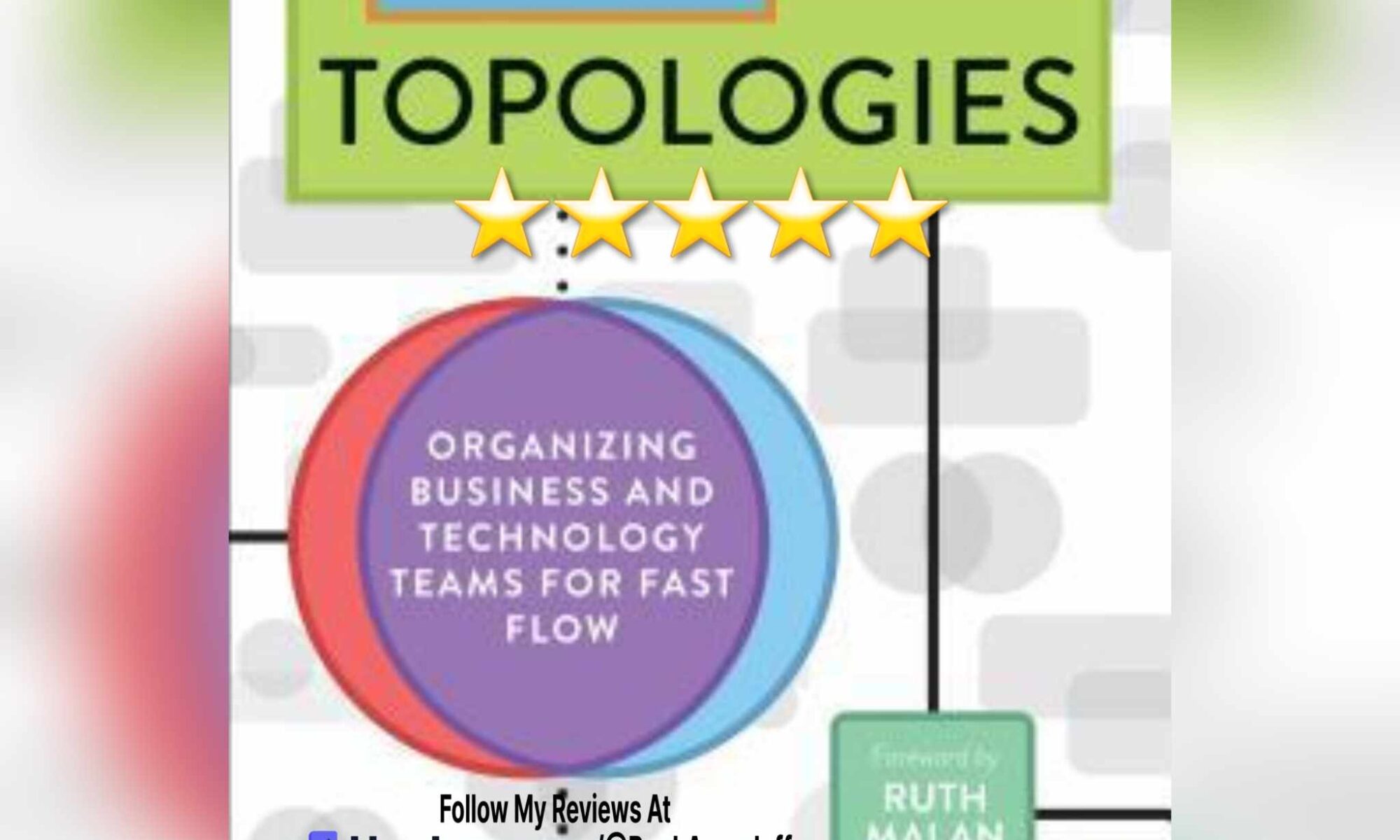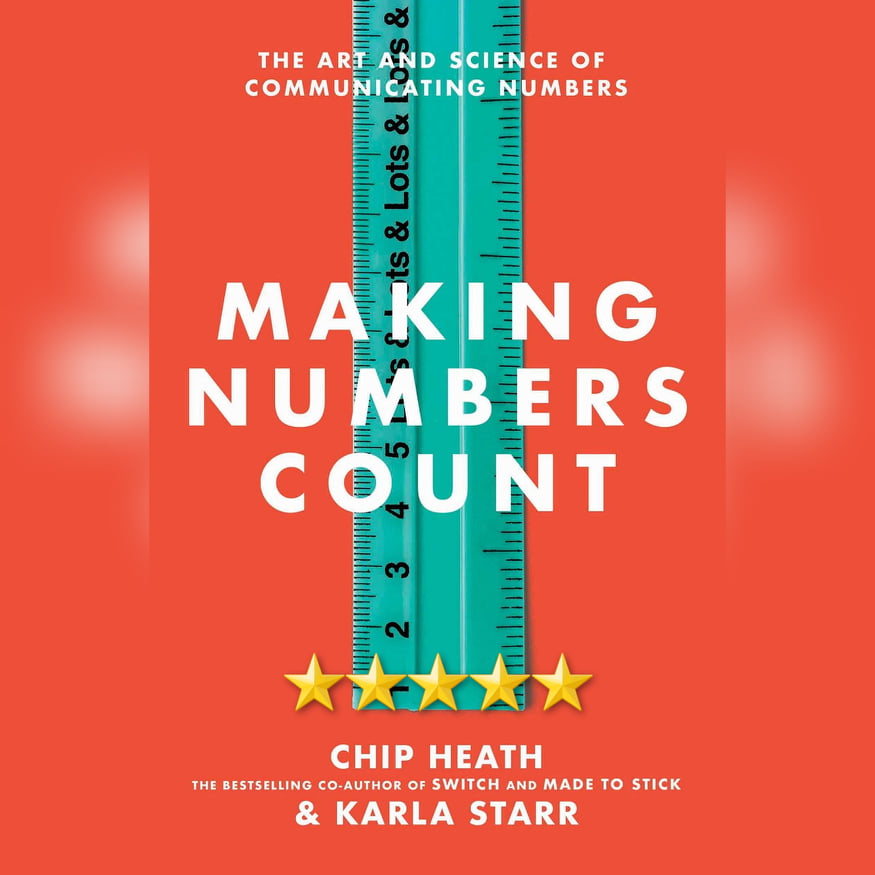Theory + Application And Hefty Respect For Those Who Came Before. One thing that sometimes gets lost in the world of computing – specifically among those of us who make a career specifically inside this field of software development – is an appreciation of the history of the field before us. As a student many moons ago (I finished my degree requirements just over 20 yrs ago as I type this, ugh!), one of my favorite professors, one I talk about to this day, was a guy who had gotten his PhD from Harvard in the 60s in Mathematics and had come up through the early days of computing. We could get him talking about those early eras and… magically, class time was up before his stories were. 😀 Fascinating, but yes, as students we absolutely had ulterior motives there. 😀
Getting back to this book and the contents thereof, one of the things I like about it is that it so heavily references not just fairly cutting edge research (some apparently published as recently as 2017, compared to this text’s 2019 release date), but also *far* earlier results that *still* drive this industry, including the Mythical Man Month – introduced to me by the professor I discussed above, and the connection to this text – and Conway’s Law – which was *not* a topic we studied in my Computer Science classes in college, but which proves interesting and, according to these authors, still extremely relevant to how teams are organized within computing to this day.
This book, along with Mik Kersten’s Project to Product, was recommended to me by my Group Manager as I begin to truly look into where I want the next half of my career to go, and like that book, thinking about computing and, in this case, how teams within computing are organized and communicate both within themselves and within the overall organization is a different level of thinking than I, a Senior Software Developer “crewdog” coder to this point, have ever really given any thought to… and yet is as fascinating a space as any I’ve encountered as a coder. Indeed, having read both of these texts just a couple of days apart at the end of 2023, I find myself truly intrigued by the possible problem sets at these higher levels – and how to bring my experience as a “crewdog” to bear in working within them within my organization.
Truly a thought provoking text, particularly for those who either start out wanting to go straight into IT Leadership or perhaps those similar to myself who find themselves at mid career with Leadership as one of the few remaining avenues of career progression. This is one I believe I’ll be coming back to in text form and referencing for some time, having listened to the Audible version this time (and thus having no real sense of how extensive the bibliography for this book actually is). As this one is filled with both theory *and* application, it at least provides some insight into how the theory *can* work “in the real world”, making its points all the stronger for having this blend.
Very much recommended.
This review of Team Topologies by Matthew Skelton and Manuel Pais was originally written on December 31, 2023.



